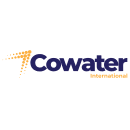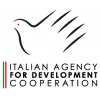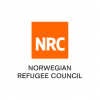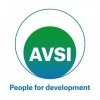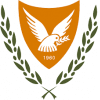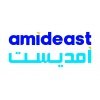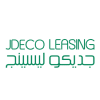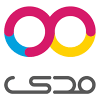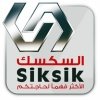Technical evaluation for e-marketing platforms

Terms of Reference (ToRs) – Request for Proposal
Mapping and Evaluation of local online platforms with the view of integrating agri-food goods produced by women
Assignment Ref: (Com. 1: 04, 2020)
The project focuses on three inter-related intermediate outcomes: I) reduced barriers to entrepreneurship faced by women; II) ) enhanced opportunities for women entrepreneurs to successfully establish and/or grow sustainable businesses; and, III) enhanced opportunities for female entrepreneurs, particularly female youth, to support the adoption of renewable energy in the olive and agro-food processing value chains. To achieve these outcomes, the project seeks to address several key challenges impacting women’s entrepreneurship in the West Bank, including the prevalence of socio-cultural barriers and their associated impacts on women’s household, community, and economic roles and status; and, women’s limited access to finance, business development support services, technology, reliable and affordable energy, skills development opportunities, and markets.
II.A. GENERAL CONTEXT
In the West Bank, regional barriers to movement and access restrict Palestinian’s mobility and limit access to jobs, markets, and capital. In this environment, women are increasingly called upon to support their families financially. But social, economic, and legal barriers hinder their economic participation. Palestinian women are thus faced with the “double-burden” of patriarchal societal norms and occupation.
Though they often have similar or higher levels of education than Palestinian men, Palestinian women earn a fraction of men’s income and are far more likely to be unemployed. Entrepreneurship can play an essential role in development and poverty alleviation, along with job creation, economic growth, and improved social conditions for women and marginalized groups. Moreover, women’s entrepreneurship can have profound and far-reaching effects, as women invest their income into their children and families.
Women in the West Bank possess the desire to start and expand businesses. Despite this demand and the positive contributions that women’s entrepreneurship can bring, women manage fewer than one in twenty SMEs in the West Bank and Gaza and own fewer than one in ten companies. Most women-owned businesses are within the informal sector.
Women face critical challenges to entrepreneurship in four key areas: discrimination and negative social norms in their homes and communities; lack of access to opportunities to build business skills, knowledge, and networks; limited opportunities to access capital for their businesses; and limited access to new markets for their products and services.
Download full ToR: Online Platform TOR
You can apply by indicating your interest in the following consulting positions or as a team (please state in the email subject) to cover the component under this assignment:
Assignment Ref: (Com. 1: 04, 2020): Technical evaluation for e-marketing platforms
If you have any questions or inquiries, please contact us at [email protected]
We thank all applicants; however, only the successful bidder will be contacted.




